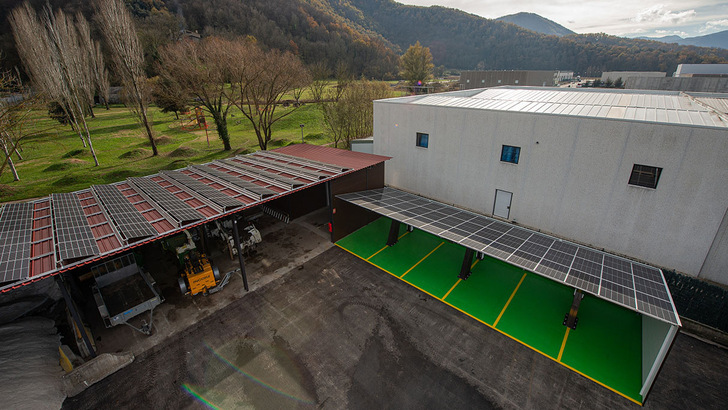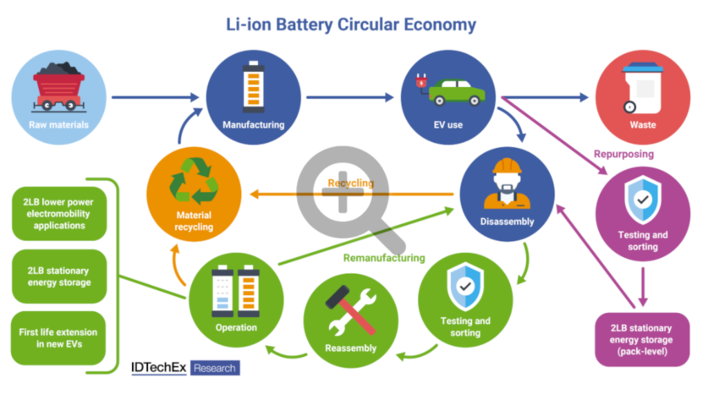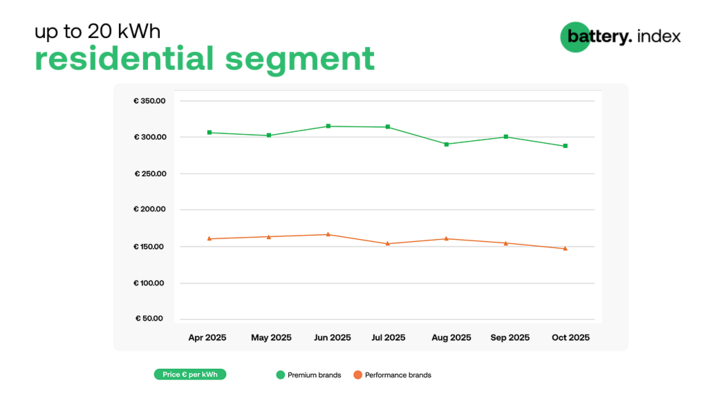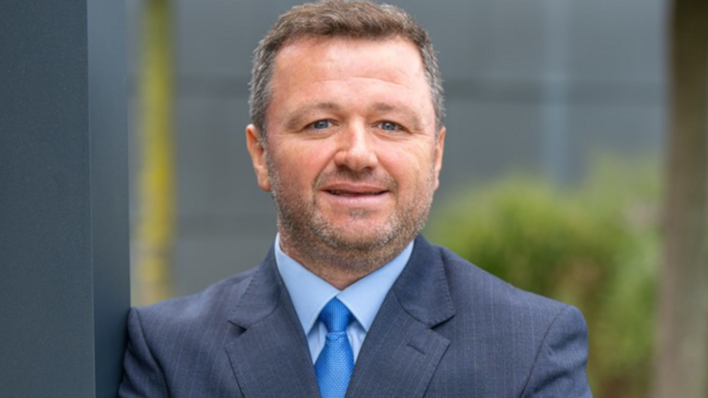The Spanish market for battery storage in solar self-consumption declined in 2024. According to the Spanish Photovoltaic Association (UNEF), only 327 MWh of capacity was installed, representing a 34 percent drop from the previous year. This trend reflects the broader slowdown in the solar self-consumption sector.
2.2 GWh of storage already installed
Despite the decline, storage continued to play a key role: 26 percent of newly grid-connected self-consumption systems included batteries, accounting for 110 MWh of capacity in this segment. Since 2022, total self-consumption storage capacity has reached 2.2 GWh. A growing share of this is linked to the commercial, industrial and off-grid sectors. “We are seeing increasing interest from companies looking to optimise energy use and reduce dependence on market prices,” says José Donoso, General Director of UNEF.
After the Iberian blackout – batteries and PV to boost energy security
UNEF has welcomed the newly adopted RDL 7/2025, which introduces key measures including the creation of a collective self-consumption administrator and an extension of the surplus-sharing radius to five kilometres. To sustain the recovery, UNEF is calling for the revised self-consumption Royal Decree (RD) – currently under review by MITECO (Ministry for Ecological Transition and Demographic Challenge) – to incorporate additional provisions.
UNEF urges action on self-consumption measures
According to UNEF, these should include a reassessment of the fixed-cost component in electricity tariffs, which are seen as essential to incentivise energy savings. Further steps include formally recognising decentralised storage as a standalone form of self-consumption, even without direct solar generation, simplifying approval procedures for systems up to 15 kW, and extending the streamlined process to systems up to 500 kW. These changes aim to revive Spain’s battery storage market and support the energy transition. The Iberian blackout has already highlighted the stabilising role of PV. (nhp)









